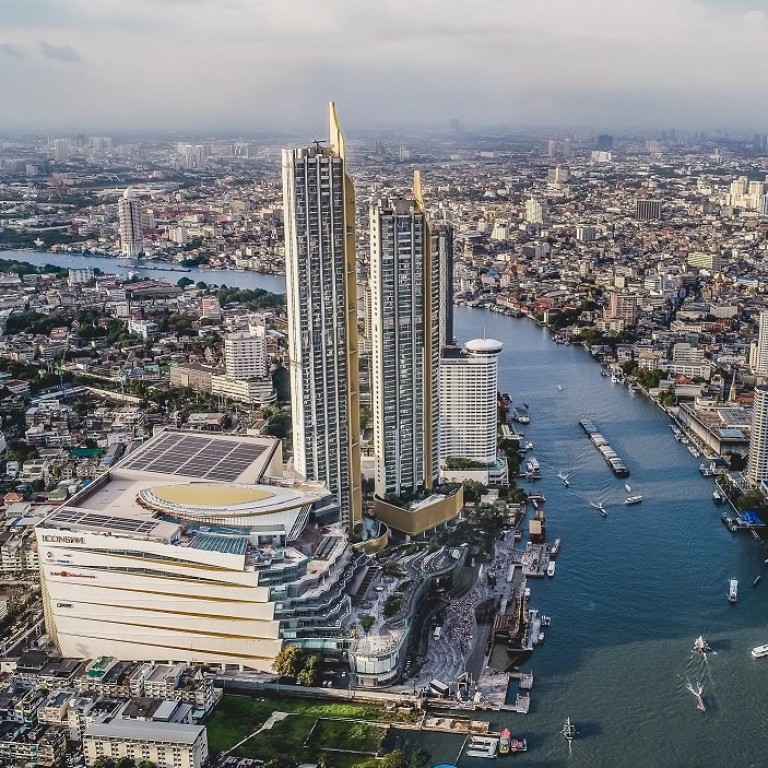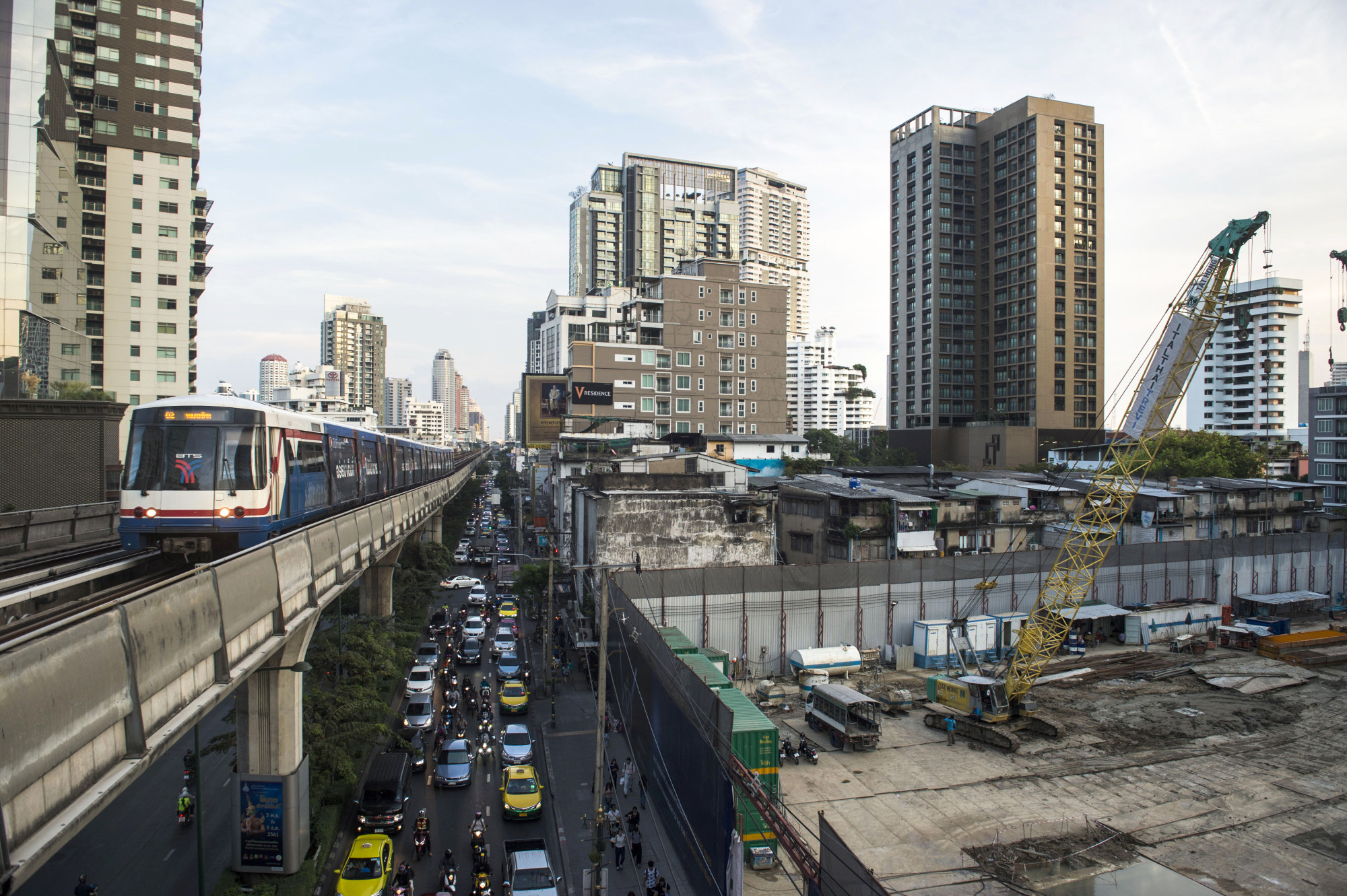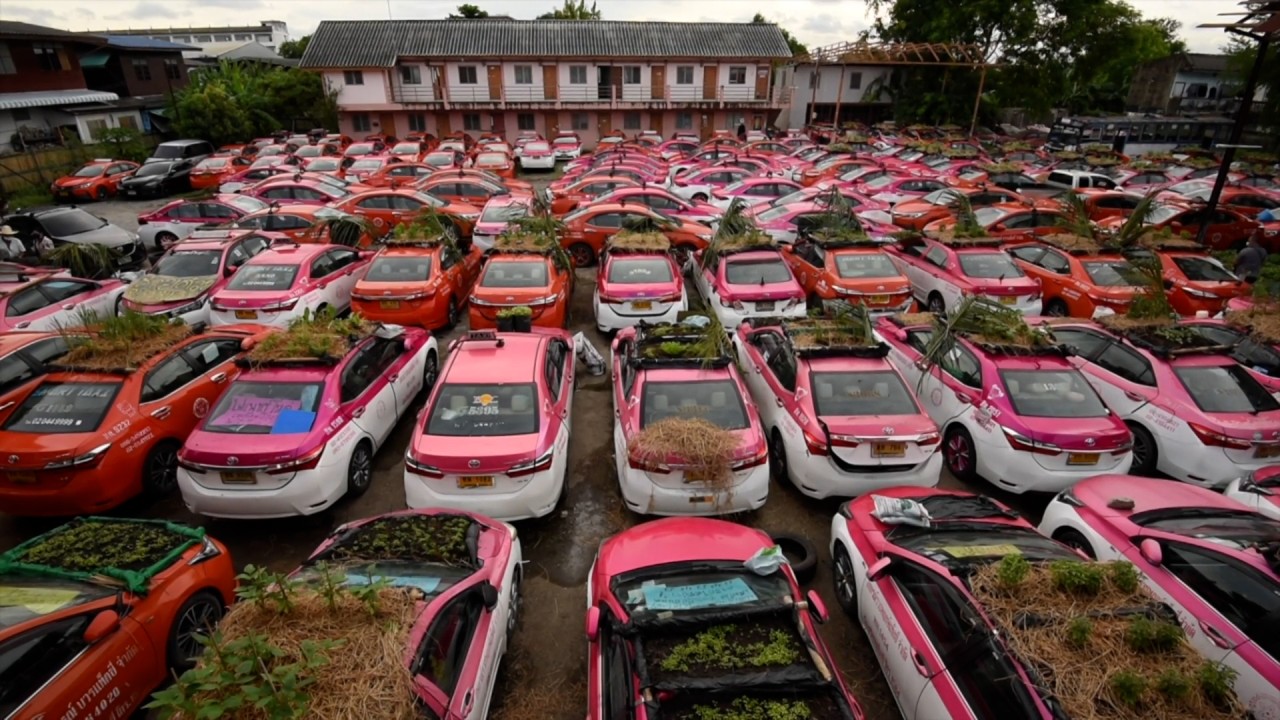
Thailand’s plan to allow foreigners to own land may worsen oversupply of flats in Bangkok
- The Thai government plans to allow foreign nationals to own up to 1 rai (0.16 hectares) of land from September if they invest 40 million baht (US$1.09 million) for three years
- The inventory of unsold flats in Bangkok stood at some 47,000 units in the first half, with more supply to come on to the market in the next few months, Colliers said
Thailand’s plan to allow wealthy foreigners to own parcels of land may exacerbate the glut of unsold flats in the capital Bangkok, as investors are likely to find landed property more appealing than units in high-rise buildings, according to analysts.
Under the proposed measure, foreign nationals will be allowed to own up to 1 rai (0.16 hectares) of land from September if they invest 40 million baht (US$1.09 million) for three years. The government has been mulling this option to shore up the country’s economy which was slowing down even before the Covid-19 pandemic. The economy contracted by 6.2 per cent in 2020, and only grew by 1.6 per cent last year, one of the slowest in Southeast Asia, according to World Bank data.
“The market [for flats] has been [dragged down] by some of the old supplies that were still remaining,” said Phattarachai Taweewong, director for research and communication at Colliers Thailand, noting that sales had also slowed because there were hardly any foreign buyers due to pandemic-related travel restrictions.

Thai developers frequently come up with various promotions and discounts to offload their inventory. Freebies such as luxury cars, hotel and restaurant vouchers, and even free transfer fees, have become common to drum up sales.
“In the past four to five years, this group of buyers has been more interested in landed property in Thailand than condominiums, especially in the main tourist destinations such as Chiang Mai, Phuket, Chonburi as well as in the Bang Na district of Bangkok,” said Phattarachai.
While overseas buyers are currently not allowed to own landed property in Thailand, they can circumvent the rule by using a local partner or by setting up a company.
Once the Thai government formally allows ownership of landed property in September, the pool of flat buyers in Bangkok is likely to shrink as wealthy foreigners will have another investment option.
Foreign investors may also be swayed by the capital growth prospects of landed property, especially in Bangkok’s the prime districts, which have been consistently growing at around 10 per cent a year, compared with 2.8 per cent to 3.5 per cent a year for flats, he said.
With foreign buyers’ preference likely to shift to landed property, prices of land and buildings were likely to increase in Thailand, he added.
“The Hong Kong market is still looking for cheaper products of between 3 million baht and 8 million baht,” he said. “The 40 million baht requirement for this investment [landed property] will be out of reach for many.”


